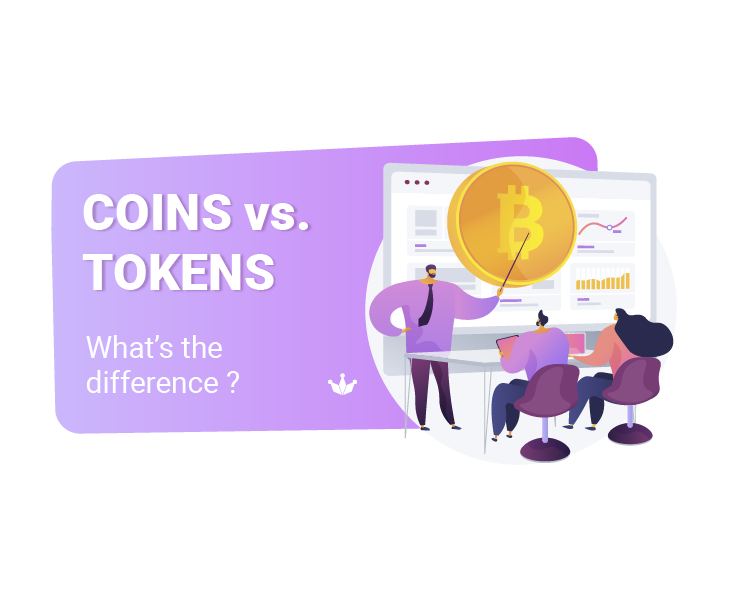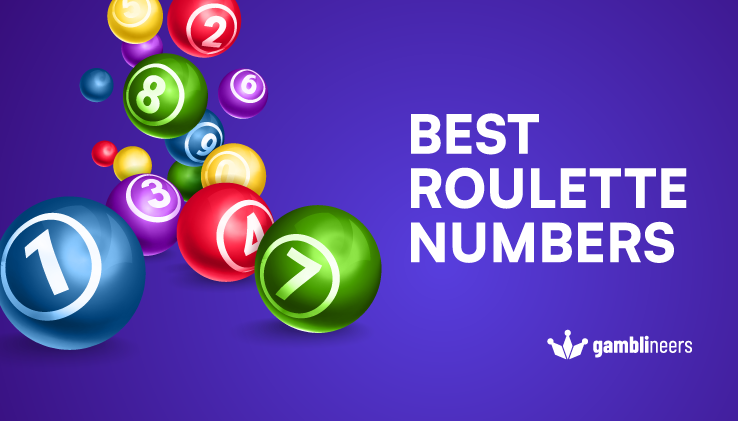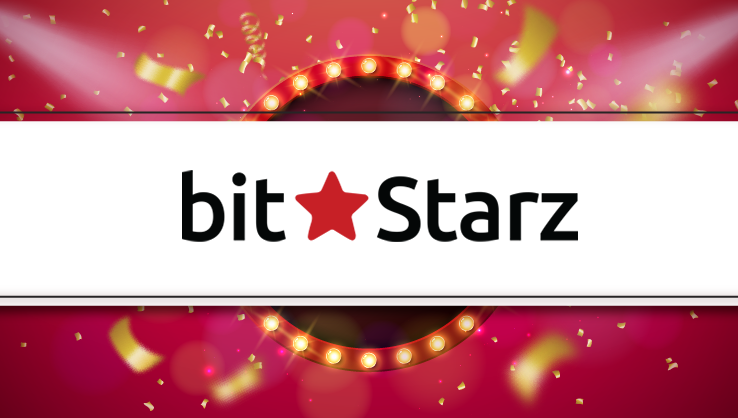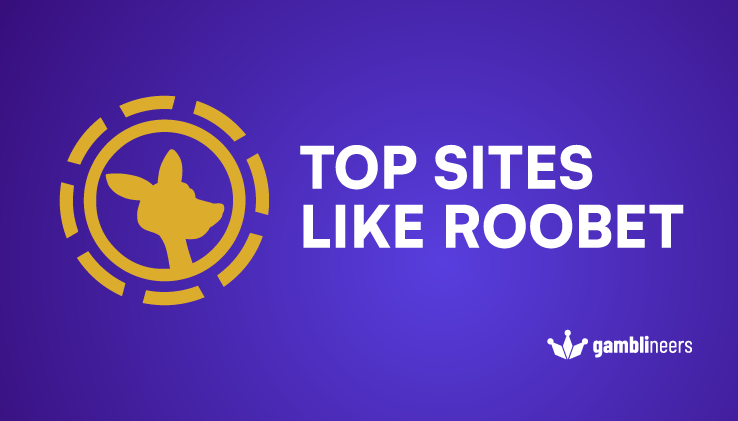Crypto Coins vs. Crypto Tokens – What’s the Difference? Crypto Coins vs. Crypto Tokes
Adam Gros / Sep 01, 2022


To put it simply, crypto coins have their own blockchains on which they are built, but if a cryptocurrency is built on another crypto’s blockchain, then it is technically considered a token.
Let’s break this down.
For example, Ethereum is a blockchain with a native cryptocurrency – Ether. Ether is thus considered a crypto coin. However, Ethereum is a programmable blockchain network, which means that developers can launch their own cryptocurrencies on it. These currencies then operate on Ethereum’s blockchain, which makes them crypto tokens. Some examples of crypto tokens are Tether, OmiseGO, Axie Infinity, and many more.
Some blockchain casinos may allow payments in the most unique, niche or bizarre cryptos out there. You have probably heard of the popular South Korean Netflix series Squid Game, but did you know that Squid Game crypto token, Squid, also exists? Yep – but unfortunately, it did not perform nearly as well as the show. It was pretty successful at first, due to the hype around the TV series, but a ‘rug pull’ scam cost investors great sums of money and the token then crashed pretty terribly. It is widely considered to have been a scam.
It is easier to create a token than a coin, so there are unfortunately more scams surrounding crypto tokens. Of course, things are not quite as black and white; this does not mean that all crypto tokens are a bad investment and that all crypto coins are a good one.
Let’s take a look at some interesting use cases for both crypto tokens and coins – but before we do, if you are new to the world of crypto, you might want to take a look at this basic terminology that will appear in the following paragraphs in relation to crypto token and crypto coin use cases.
Mining is a way through which new crypto transactions are confirmed and how new blocks are added to the blockchain. Mining can be done with specific computer hardware which solves complex puzzles. The first miner (or rather computer) who finds the solution to the puzzle receives some cryptocurrency or transaction fees as a reward.
Crypto mining can be performed by individual miners; that is, by anyone who purchases miner hardware and installs it into his or her computer. Another option are mining pools, which are essentially groups of miners with combined computational power who work together on the same network to solve puzzles and thus mine cryptocurrency blocks.
Through crypto staking, you can earn rewards. If you hold a certain amount of cryptocurrency that allows staking (Bitcoin, for example, does not), you can stake your holdings in order to earn rewards over time.
Some cryptocurrencies function on a mechanism called proof of stake, while others operate on the proof of work mechanism. Proof of stake, as the name suggests, allows for staking, and the reason why this can be profitable for you is the following: When you stake your crypto, it becomes a part of the verification process for all transactions that happen on the blockchain. Proof of work cryptos, on the other hand, are validated through the mining process.
Cryptocurrency trading refers to investing in crypto, to buying and selling cryptocurrencies via an exchange (for example Binance) and to speculating on how the prices of various cryptos might change. You invest in potentially profitable ones. For trading, you will need to create an account on a crypto brokerage, such as Coinbase, where you can exchange fiat money for crypto and essentially store your cryptocoins until you are ready to sell, buy or exchange them.
Crypto Tokens
As mentioned in the beginning of this article, one of crypto tokens’ main features – being created on an already existing blockchain – is also their biggest advantage. Developers can create tokens without having to first create a blockchain for this cryptocurrency. These can more specifically be referred to as blockchain tokens. The process of developing tokens is thus faster, easier, and (perhaps most importantly) less expensive. Transaction with a crypto token naturally takes place on the blockchain that this token operates on.
A crypto token is most easily defined as an asset with value. When it comes to trading with crypto tokens, they rely on smart contracts. Tokens have many use cases: They can be bought, sold, traded, and of course stored in e-wallets.
Some of the most popular tokens include:
Some crypto tokens are also referred to as stablecoins. This means that they try to match their value to that of a fiat coin. Here, we can look at Tether, which tries to be of the same value as one USD. Stablecoins are favored among those who want to own some cryptocurrency but try to avoid volatility, which is very common in the case of most other cryptos.
There are many types of digital tokens, but to keep it as simple as possible, let’s mention a few major groups:
- Platform Tokens: They are the types of tokens built on another crypto’s blockchain, thus operating on its platform. We can look at the tokens listed above as examples of platform tokens since they are built on Ethereum’s blockchain.
- Utility Tokens: Crypto tokens that can be used to pay for services in a particular ecosystem which they are unique to. They allow holders access to future products, services, etc. An example of this would be Binance Coin which serves as a utility token for paying fees on Binance exchange.
- Governance Tokens: These are crypto tokens which give whoever holds them voting rights on various projects that concern the future and the development of a specific cryptocurrency. More tokens grant you more power. An example of a governance token would be Maker (MKR).
- Transactional Tokens: Some other widespread types include transactional tokens, which can be exchanged for services and goods. They often function as regular currencies, just as Dai and Tether, for example, but not all transactional tokens do.
- Security Tokens: These tokens grant you ownership of shares in a company that relies on blockchain technology and essentially provides these types of tokens as an investment for its shareholders. An example would be Blockchain Capital (Bcap)
Other Use Cases for Crypto Tokens
Some of these might fall into one of the above listed categories while still having unique features that set them apart from the rest.
One of the most popular uses for crypto tokens today is as NFTs. NFT, or a non-fungible token, shows ownership of a digital asset. NFTs have been in existence since roughly 2014, but they really started to gain popularity only very recently. The first ever NFT was sold for a whopping $1.47 million!
Sometimes, blockchain casinos will create their own tokens that players can use for gambling at that particular casino. One example of a casino with its own type of token is Kineko casino. At Kineko you can get their Kineko Token (KKO) and use it on the casino’s website, but they intend many more uses for this developing token. Similarly, BC.Game has BC Dollar and Trust Dice has developed TXT, a type of utility token.
As a fun fact, let’s also mention that even so-called ‘meme coins’ exist, such as Shiba Inu and Dogecoin, which you have certainly seen before if you have ever looked up cryptocurrencies.
Crypto Coins
Developers who are interested in creating their own crypto coins must first create a blockchain, which is a rather challenging task. A good blockchain should be safe and resistant to hacker attacks, and of course, it should be able to process transactions quickly and at low costs. But building a blockchain network is not all; a new crypto coin also requires validators who will confirm its transactions, so the process of creating a crypto coin is quite a long and complex one.
Examples of the most popular crypto coins include:
Crypto coins function as money, a medium of exchange, a currency – but they do have some other uses besides making deposits at your favorite crypto casino.
If we go back to Ethereum, the Ethereum network uses Ether to fuel its transactions; even for sending various tokens built on the Ethereum network Ether will be required.
The equivalent of this process on the NEO network would be paying for fees with GAS. Whenever you send a token on the Neo network, you pay GAS as a transaction fee. The same holds true for Ethereum where the fees are also paid in gas.
Another use case for a crypto coin is similar to the one we listed under uses for tokens. If you have a lot of DASH, you will be able to vote on various decisions and projects on the Dash network.
As you can see, the difference between crypto coins and crypto tokens can be subtle, but not entirely irrelevant. Now that you are armed with some detailed knowledge of crypto, take a look at our best Bitcoin casinos and choose the one where you can play with your favorite crypto coin or token. If you don’t have one yet, check our altcoin casino guide!






